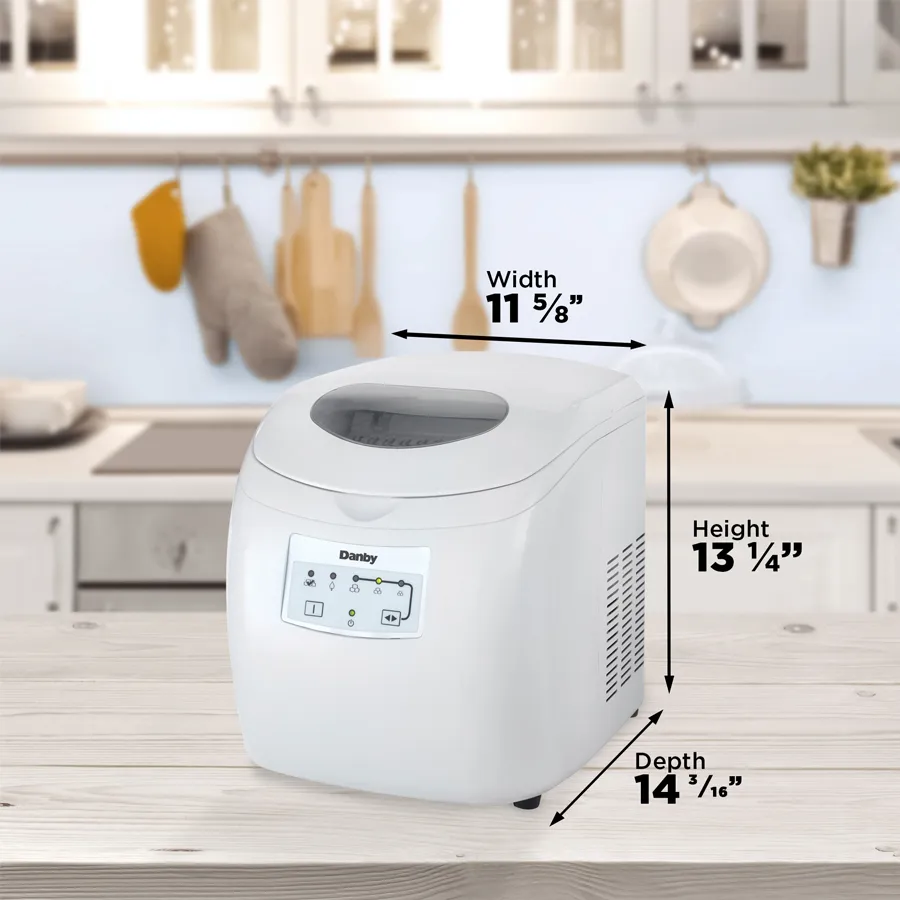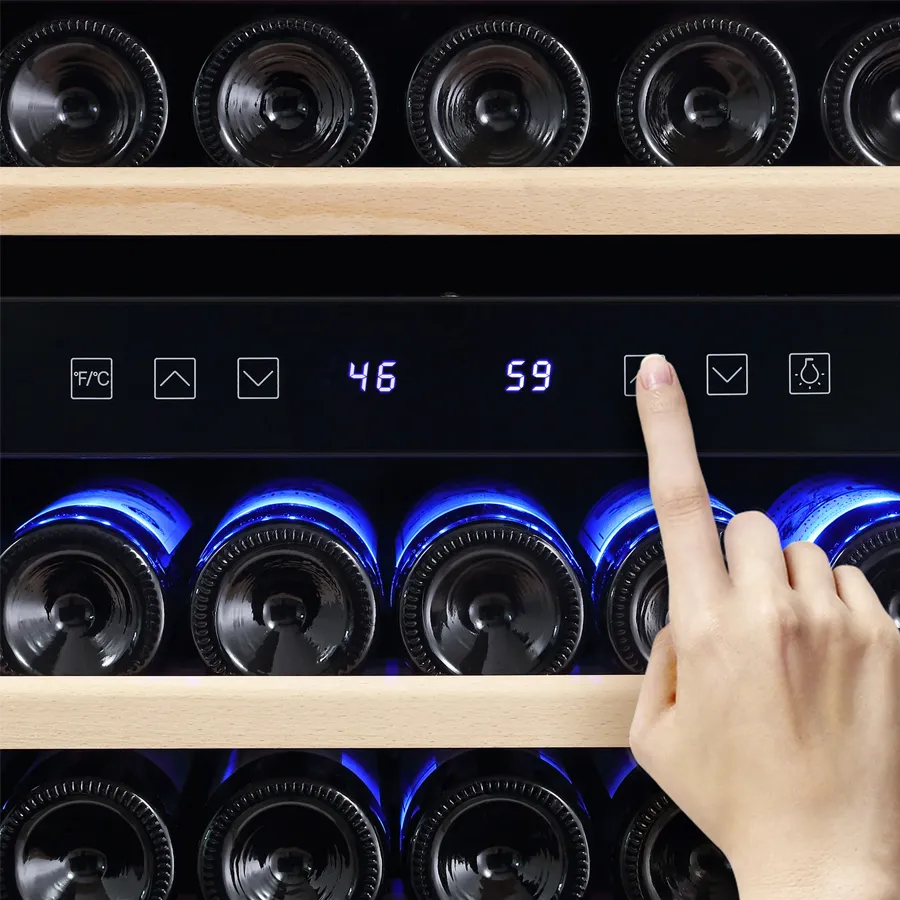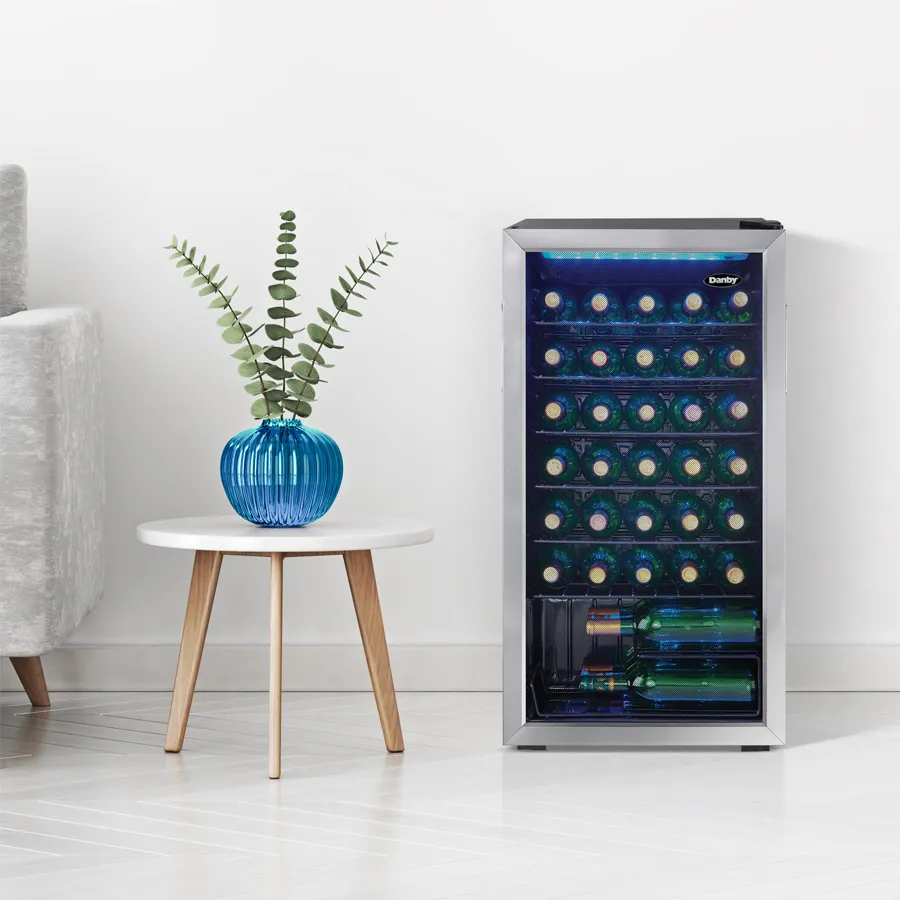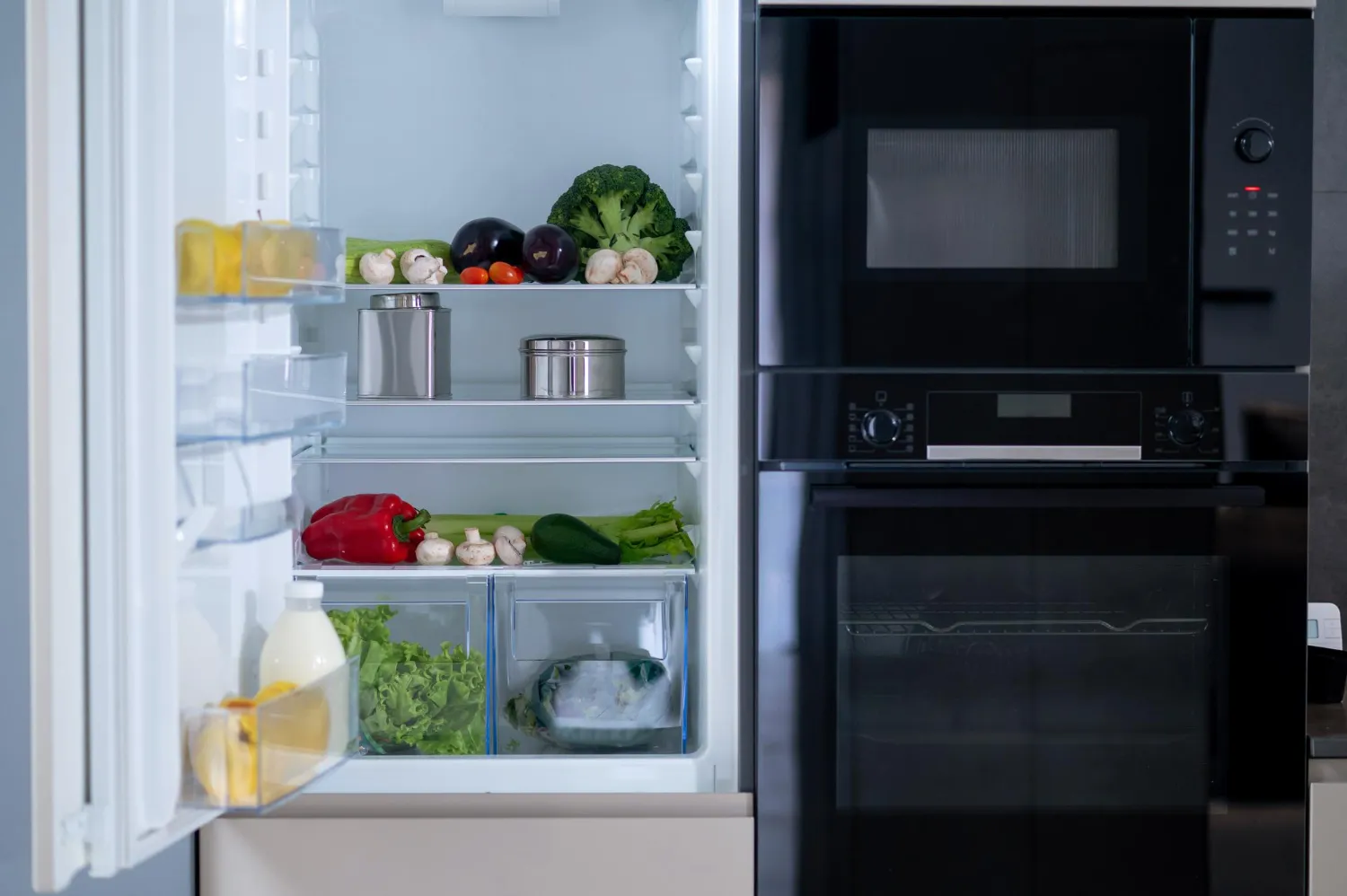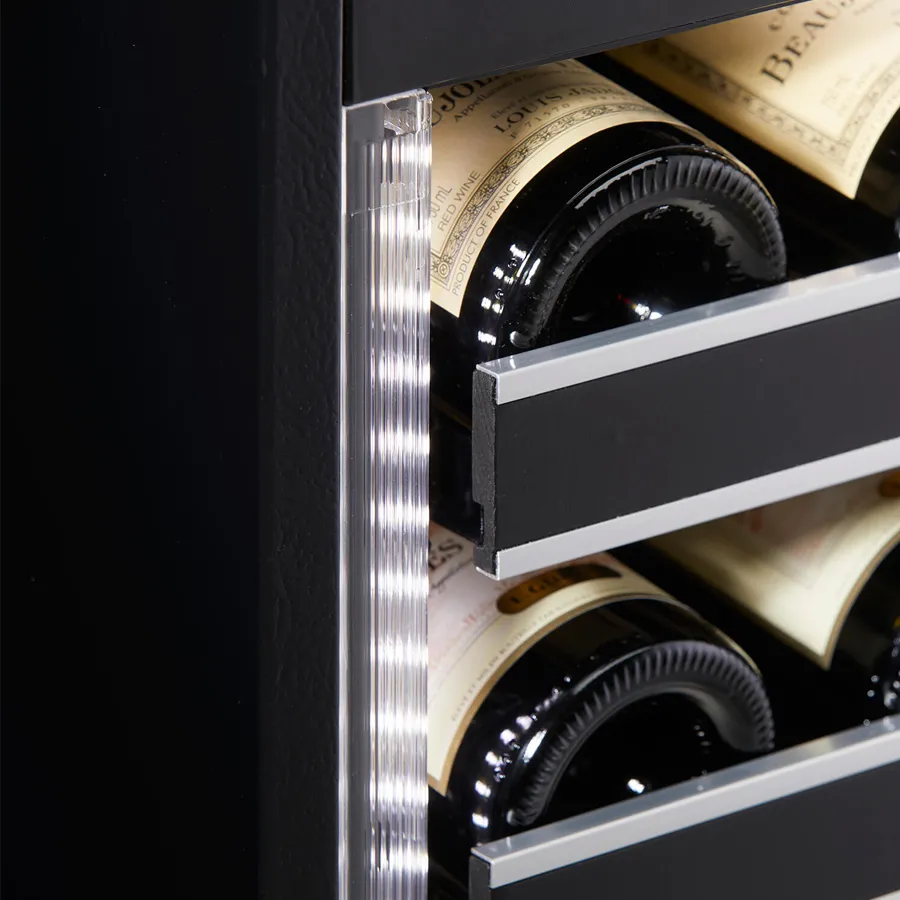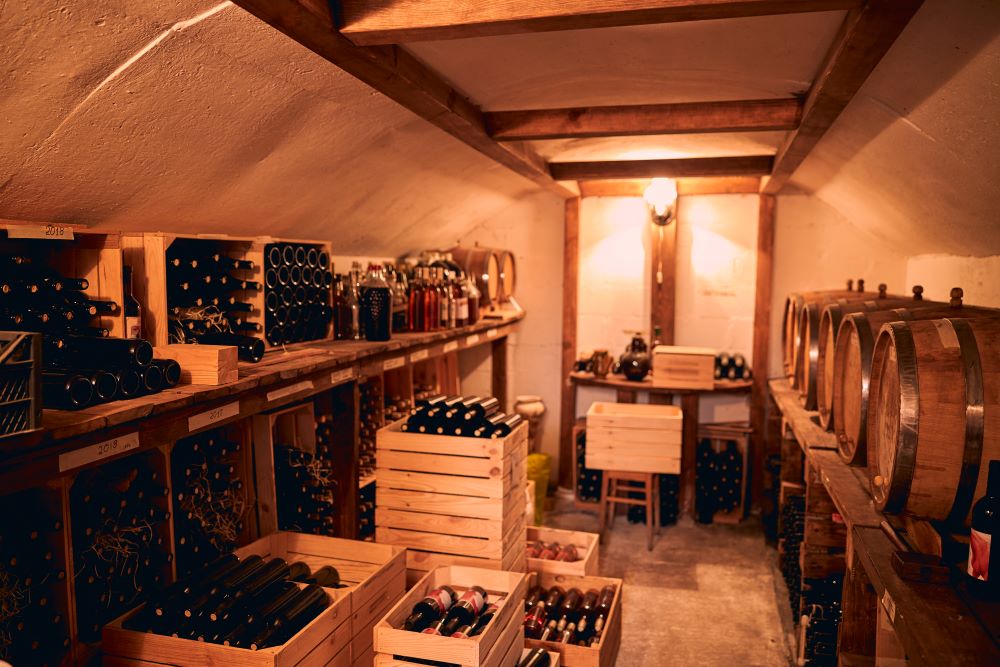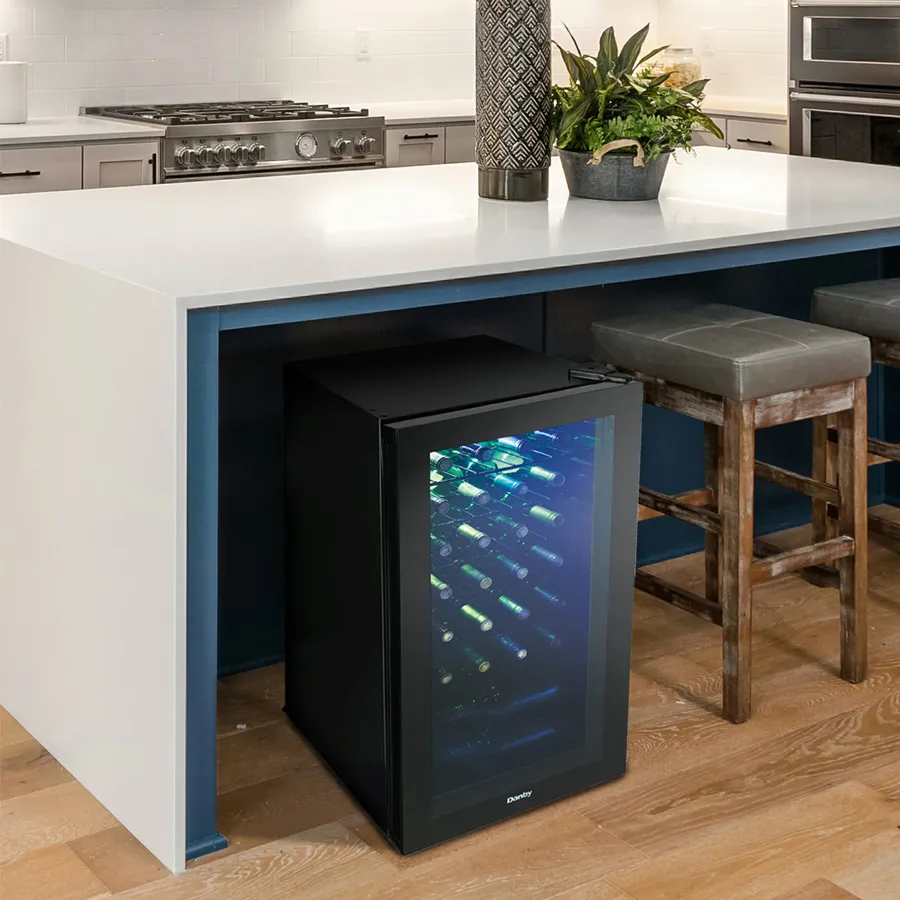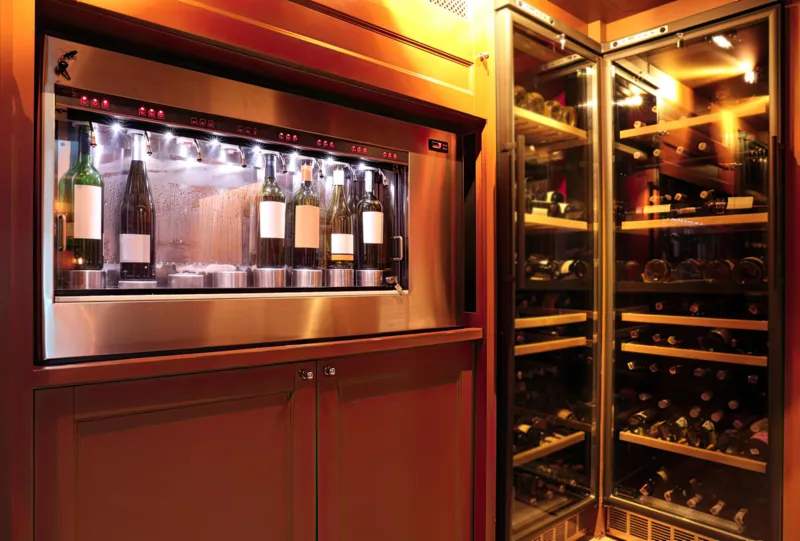Having a fully operational ice machine on board is absolutely necessary for RV owners. But, you can encounter annoying issues like insufficient or nonexistent ice output, leaks, bad flavor or odor, overflowing ice bins, noisy operation, electrical problems, or an ice maker that refuses to turn on. So that you can take use of your RV’s dependable ice maker, we will go over each of these problems in depth in this post and offer advice on how to diagnose and fix them.
Low Ice Production and Solutions
Many things could be causing your RV ice maker to stop making as much ice as it once did. A clogged water filter is a typical cause of low ice production since it restricts water flow. Thermostat issues or a broken water input valve are two more potential causes of insufficient ice production. To begin fixing these problems, check the water filter and replace it if necessary. Also, make sure the thermostat and water inlet valve are in good functioning order.
If you fix these possible issues, your RV ice maker should produce more ice, and you won’t have to worry about running out while on the road.
Low Ice Production:
- Cause: Insufficient water supply, water filter or low water pressure can lead to reduced ice production.
- Solution: Check the water supply to the ice maker, ensuring that it has adequate water flow pressure and replace the water filter.

Weak water pressure, a water filter, or an inadequate water supply can all cause ice output to be lower than expected.
No Ice Production Troubleshooting
You may have encountered one of these problems with your RV ice maker: it is not making any ice. One common cause is a malfunctioning water supply line, which can prevent water from reaching the ice maker. Additionally, a defective water inlet valve or a faulty control module can also lead to no ice production.
It’s important to address these issues promptly, as a lack of ice production can be a significant inconvenience during your travels. By checking and repairing the water supply line, water inlet valve, and control module, you can effectively troubleshoot the issue and get your RV ice maker back to producing ice as it should.
No Ice Production:
- Cause: Clogged water lines or a faulty water inlet valve may prevent water from reaching the ice maker.
- Solution: Inspect and clean water lines, and if necessary, replace the water inlet valve.
Ice Quality Concerns
The ice from your RV ice maker could have an off flavor or smell for some reasons. Bad filtration of water is a typical reason why ice of poor quality may form. Having mold or mildew in the ice maker is another possible problem that might impact the ice’s flavor and aroma. Regularly cleaning and replacing the water filter and occasionally cleaning the ice maker with a vinegar and water solution will keep these troubles at bay.
Ice Taste and Odor Issues:
- Cause: Stale ice, mold or impurities in the water supply can affect the taste and odor of the ice.
- Solution: Regularly clean the ice maker and replace the water filter if applicable. Ensure that the water source is clean.
Dealing with Noisy Operation
There could be a few reasons why your RV ice maker is generating a lot of noise when it’s working. Inadequate upkeep is the leading cause of loud operation. Components of the ice maker might get dusty or worn down with use, which in turn can cause the noise level to rise.
You can lessen the noise by keeping the moving parts clean and well-lubricated on a regular basis. Another thing to check for is that the ice maker is steady and level; an imbalanced device can also generate a lot of noise. You might think about getting in touch with a pro for additional help if the noise persists even after you’ve done maintenance; it could be an indication of a more serious problem.
Noisy Operation:
- Cause: Ice makers can produce noise during the ice-making process due to various factors.
- Solution: Inspect the ice maker for loose components, and make sure it is properly installed. Some noise during operation may be normal.

Check the ice maker for any loose parts and double-check that it’s placed correctly. Operating noises might be considered typical.
Resolving Electrical Issues
Electrical issues can also pose a challenge for RV ice makers. If your ice maker won’t turn on or is experiencing intermittent power problems, there may be an electrical issue at play. Start by checking the power source and ensuring that the ice maker is properly plugged in.
Inspect the power cord for any signs of damage or wear, and consider testing the outlet with another device to confirm that it is functioning properly. If you suspect an issue with the ice maker’s internal electrical components, it’s best to seek the expertise of a qualified technician for diagnosis and repair. Ignoring electrical issues can pose a safety risk and should be addressed promptly.
Electrical Issues:
- Cause: Problems with the power supply or internal electrical components can lead to malfunctions.
- Solution: Check the power source, fuses, and wiring for any issues. If electrical components are faulty, consider professional repair or replacement.

Regarding Electrical Issues! Make that there are no problems with the power supply, fuses, or wiring. Think about getting a pro to fix or replace the electrical components if they’re broken.
Steps to Take When Ice Maker Won’t Turn On
The power supply is the first place to look when an ice maker won’t turn on. Verify that the RV is properly connected to the power source and that the ice maker’s circuit breaker has not been tripped. If the power source isn’t the problem, then you should probably inspect the connections and wiring for any signs of damage or looseness. To avoid any electrical hazards, it is essential to consult a professional if you are not acquainted with electrical work.
Ice Maker Won’t Turn On:
- Cause: Power supply issues, a malfunctioning control board, or a faulty on/off switch may prevent the ice maker from turning on.
- Solution: Verify the power source, inspect the control board, and test the on/off switch. Replace or repair any faulty components.



